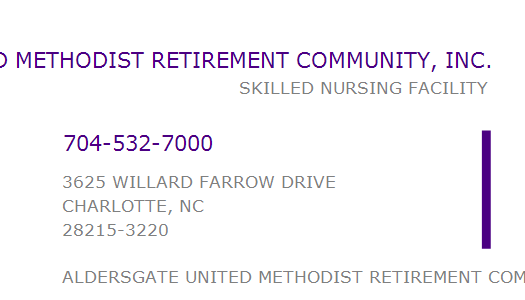
There are many options to pay for long term care for the elderly. It is common to have a combination from several sources that will cover your costs. These include Medicare and Medicaid as well long-term health insurance. As a person gets older, out-of pocket spending can become less important. Also, this is a transitional status before Medicaid coverage is available. Medicaid eligibility also requires that the elderly be low-income. Personal savings can become very difficult to manage and deplete quickly.
Home care
If you are looking for home care for your elderly loved one, there are many options available. These services include companionship, transportation and assistance with daily living activities. It could be for just one hour a week, or twenty-four hours daily. Also, elderly care may include reminders for medications and meals. Hire an in-home care provider for your loved one if they require more assistance in daily activities.
Seniors are most likely to receive long-term care in the comfort of their own homes. This care is usually provided unpaid by relatives. In fact 25% of American adults said that they have provided care to an elderly relative in the last 30 jours. A home care arrangement allows people to live independently while still having their loved ones visit. Even though home care might not be the right choice for every situation it can be a great option if you're unable to provide 24 hour assistance to your loved-one.

Nursing homes
Many nursing homes offer the type of care an elderly person needs. These facilities are intended to provide 24-hour care for older people who are no longer able to care for their own needs. In certain cases, an elderly person may need temporary care during illness or surgery. These facilities also have the capacity to treat people with conditions such as dementia and Alzheimer's. If you or a loved one is in need of long-term care, you can check out these options.
Nursing homes can provide 24-hour care and advanced medical services. Nurses and doctors are responsible for the care of patients. Specially trained staff performs a variety tasks and assists with daily life. The facility may provide long-term skilled nursing and intermediate care, depending on the individual needs. Some facilities also provide end-of-life care and hospice services. They are not hospitals but provide the highest level of care.
Short-term care
A great choice for those who don’t need 24-hour nursing is short-term. These facilities offer meals prepared by a chef, as well as activities and company for residents. Short-term care facilities can provide assistance with daily tasks including dressing and bathing. Residents enjoy the community's amenities and pleasant atmosphere. Because the caretaker is paid per-day, the cost of short-term nursing is often lower than that of permanent care.
Senior citizens may also consider nursing homes. Although they provide 24-hour care, medical assistance is not always available. But nursing homes aren't always available to those who need 24-hour assistance. If you don't want to be late, it is best that you plan ahead. Short-term care centers can provide residents with comfortable living spaces and life-changing experiences. Manda is a registered nurses and a licensed Michigan nurse administrator. Manda has extensive experience in all aspects of post-acute care.

Medicaid
If you are in need of long-term care for yourself or a loved one, you might be interested in learning about Medicaid for long-term care elderly. This government health insurance program covers certain expenses for low-income elderly residents in nursing home. Senior citizens may qualify for Medicaid, as long as they meet certain income and asset limits. Medicaid has specific requirements. Careful planning and proper documentation can help ensure you are eligible. To apply for Medicaid, you must be a U.S. citizen.
Medicaid's programs include Cash and Counseling. Some states may have their own Medicaid programs which do not include medical services. A Medicaid program will usually cover personal care services. Many states also provide additional benefits like home delivery of meals or emergency response systems. Medicaid may also pay for family caregivers and spouses to assist with the costs. The Medicare program is available if your loved person requires more than these services.